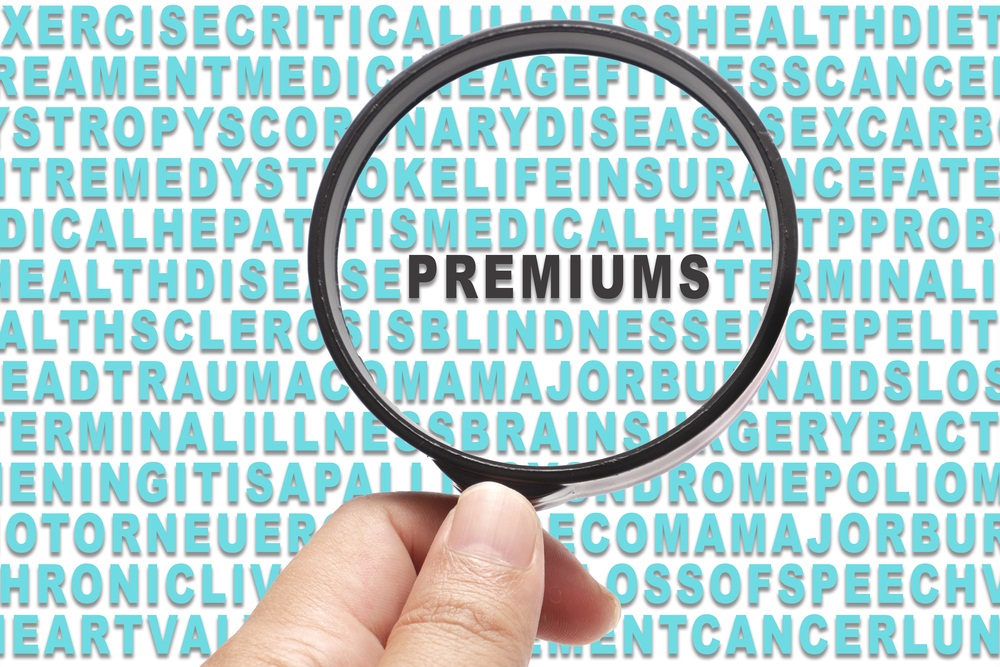
Term insurance is a great way to financially secure the future of your loved ones after your unexpected or untimely death. However, even when we know that this insurance is a valuable financial instrument, we avoid buying it as we feel it is too costly.
Kin Hubbard was right when he said, “Fun is like life insurance, the older you get, the more it costs.”
Term insurance premiums are based on various factors and it can be daunting for a prospective insurance buyer to understand them. While some of them are controllable, others are beyond your reach.
- Age
The younger you are, the lower the risk of contracting serious ailments, and which means low mortality. The insurance company believes that the young buyer lives longer and pays more insurance premium instalments.Therefore, it’s unlikely that the insurer will need to pay a large sum assured to the family of a young insurance applicant shortly and thus, they lower their premium rates.
- Gender
As per some recent studies, women live longer than male; therefore, insurers feel that insuring the life of a woman is less risky as compared to a man. As a result, women end up paying low premium rates, albeit for a longer tenure.
- Lifestyle Habits
As lifestyle habits like smoking and drinking can increase the risk of contracting other serious ailments, such as heart attack, and cancer, therefore, insurers increase premium rates to offset the high risk. Thus, if you live a healthy life and do not smoke or drink, you can cut your premium outgo by 30-40% as compared to a person who regularly smokes or drinks.
- Current health state
Your current health state has a direct impact on your premiums. By this, we don’t mean that even a minor medical condition will increase your premium, but only those that have the potential to lower your lifespan. Health conditions, such as high blood pressure, diabetes, and high cholesterol, increase your chances of developing other health ailments. Also, being obese can lead to some health issues, such as stroke, cancer, and heart diseases. Therefore, insurance companies levy high premium on those applicants who have any of these health conditions.
- Family medical history
If a policyholder has a medical history of chronic health problems, such as cancer, heart stroke or another major disease, it makes them more susceptible to contract these diseases shortly. As a result, insurers charge hefty premium rates from them.
- Occupation
Some professions carry a higher risk than others, and it also decides their premium rates.For instance, an engineer might be at a low risk than a mining worker, who works in unfavourable conditions. Usually, for premium calculation purposes, insurers have categorised different occupations according to the risk element.
| Risk Level I (Low Risk) | Risk Level II (Medium Risk) | Risk Level III (High Risk) |
| Doctors | Garage Mechanic | Jockey |
| Administrative / managing functions | Manual Labor | Mountaineers |
| Architects | Veterinary Doctor | Professional River Rafters |
| Teachers | Machine Operator | Mine Workers |
| Accountants | Builder | Circus Performers |
| Lawyers | Contractor | Big Game Hunters |
Apart from the above factors, some insurers have also started considering the driving record of the prospective buyer to calculate the premium. Even, the kind of coverage and any additional riders you have opted for, also decide your premium. For instance, term insurance is the cheapest insurance product, while term insurance plan with return of premium comes at a slightly high premium due to its extra features. However, you must disclose all health-related factors at the time of buying the policy even if it means high premium. A non-disclosure of vital information could lead to rejection of the claim, which of course you would not want, right?
